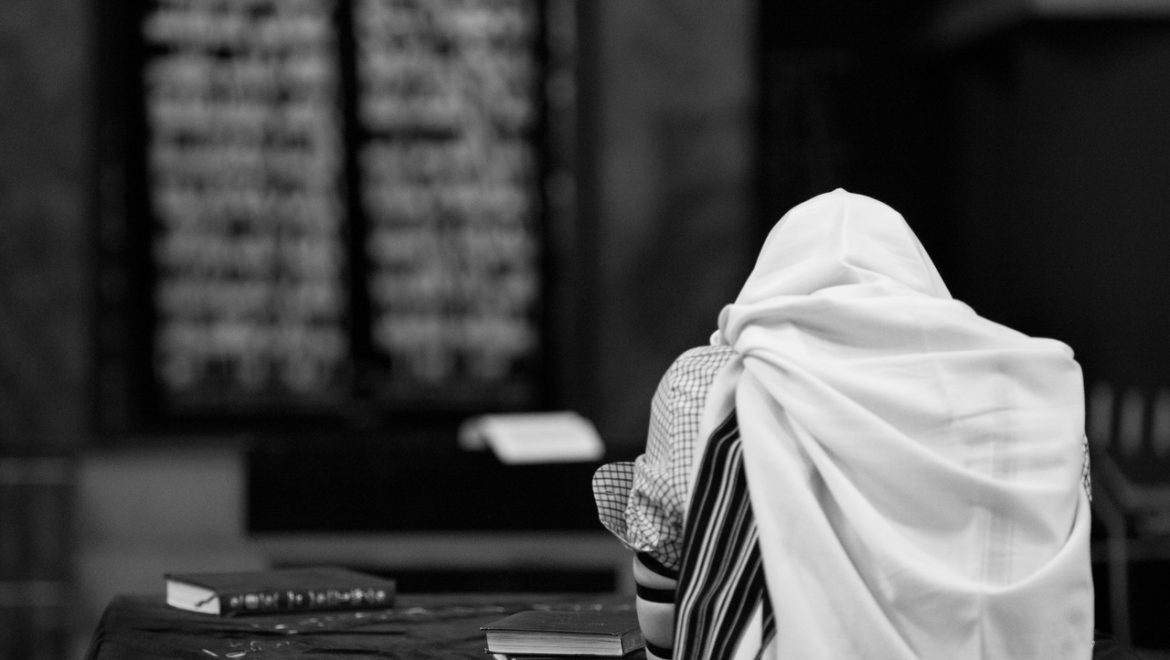
Perfect for beginners, this clear article from Chabad.org explains the origins behind being called up to the Torah, as well as when and how this is practiced in Orthodox congregations, including the Hebrew, English, and transliterated texts of the blessings recited both before and after the aliyah.
The Aliyah
When the Torah is publicly read in the synagogue (on Shabbat, Monday and Thursday mornings, holidays and fast days), congregants are called up for an aliyah. Originally, the person called up (the oleh) would read a section of the reading himself. But because many lack the training necessary to chant the reading, there is a designated "reader" who reads the section out loud, while the oleh reads along quietly (or listens).
Aliyah means "ascent," referring not just to the climb to the reading table platform but also to a spiritual elevation. Our sages explain that G‑d constantly speaks the words of the Torah; when the oleh goes up to the Torah, G‑d speaks through him.
When:
Try getting an aliyah on these occasions:
- The Shabbat before your wedding.
- On or following your bar mitzvah.
- On or prior to the day of your Jewish birthday, a parent's yahrtzeit (anniversary of passing), and a son's circumcision.
How:
The gabbai (beadle) announces (in Hebrew): "Arise, so-and-so son of so-and-so!" If there is a Kohen present, he is honored with the first aliyah, and a Levite receives the second aliyah. In many synagogues the oleh dons a tallit.
Stand to the right of the reader, who will point to the beginning and end of the reading. Touch these with the corner of your tallit (or the Torah's sash) and kiss it. Close the Torah, hold both handles and recite the first blessing.
Hold the Torah's handle while the reader reads your section. If possible, follow the Hebrew words inside the Torah scroll and read along silently.
When the reading concludes, kiss the end and the beginning with your tallit, close the Torah and say the second blessing.
The Text of the Blessings
Blessing before the reading of the Torah
![]()
Transliteration: Bor'chu es ado-noy ha-m'voroch.
Translation: Bless the L-rd who is blessed.
Congregation and Oleh say:
![]()
Transliteration: Boruch ado-noy ha-m'voroch l'olom vo-ed.
Translation: Blessed be the L-rd who is blessed for all eternity.
Oleh continues:

Transliteration: Boruch atoh ado-noy elo-haynu melech ho-olom, asher bochar bonu mikol ha-amim, v'nosan lonu es toroso. Boruch atoh ado-noy, nosayn ha-toroh.
Translation: Blessed are You, L-rd our G‑d, King of the universe, who has chosen us from among all the nations and given us His Torah. Blessed are You L-rd, who gives the Torah.
During the Aliyah hold the right handle of the Torah, and read quietly along with the Reader.
At the conclusion of the Aliyah touch the end and beginning of the Torah reading with the corner of your Tallit (or the Torah's sash) and kiss it. Close the Torah, hold both handles, turn the head slightly to the right and say:
Blessing after the reading of the Torah

Transliteration: Boruch atoh ado-noy elo-haynu melech ho-olom, asher nosan lonu toras emes, v'cha-yay olom nota b'sochaynu. Boruch atoh ado-noy , nosayn ha-toroh.
Translation: Blessed are You, L-rd our G‑d, King of the universe, who has given us the Torah of truth and planted eternal life within us. Blessed are You L-rd, who gives the Torah.
After the Aliyah stand on the right side of the podium until the end of the following Aliyah (if it was the last Aliyah — until the Torah is raised). When returning to your seat do not use the shortest route.
Note: Not experienced? Don't worry. The gabbai will guide you through the process!
הדירוג התקבל. תודה!

